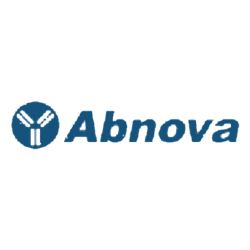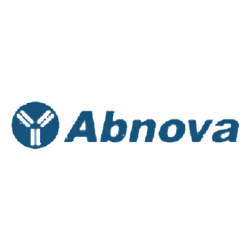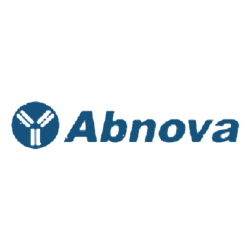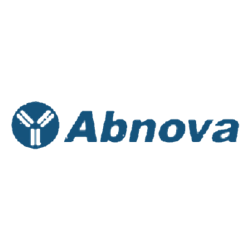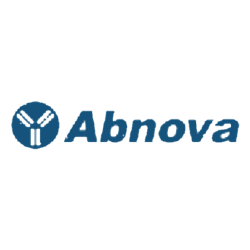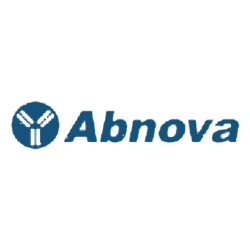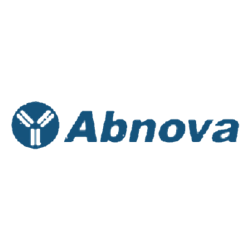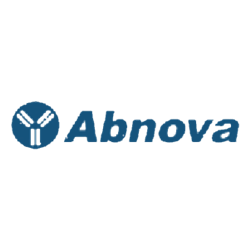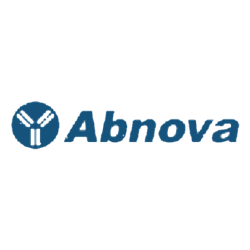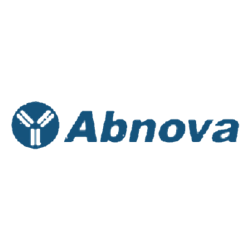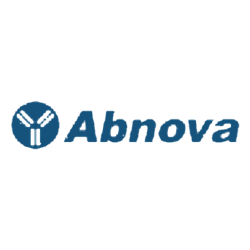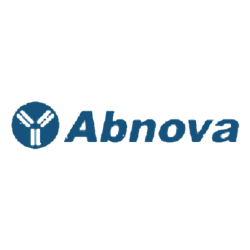Protein
Protein Hay 4146 productos.
FCGR2B (Human) Recombinant Protein
Human FCGR2B full-length ORF (NP_003992.3) recombinant protein without tag.This product is belong to Proteoliposome (PL).
SCTR (Human) Recombinant Protein
Human SCTR full-length ORF (AAH35757.2) recombinant protein without tag.This product is belong to Proteoliposome (PL).
nusA (iEscherichia coli/i) Recombinant protein
Escherichia coli nusA (AAC76203, 1 a.a. - 495 a.a.) full-length recombinant protein expressed in Escherichia coli.
VIM (Human) Recombinant Protein
Purified VIM (NP_003371.2 , 408 a.a. - 466 a.a.) human recombinant protein with His-Flag-StrepII tag at N-terminus expressed in human cells.
GABRA2 (Human) Recombinant Protein
Human GABRA2 full-length ORF (ADZ15724.1) recombinant protein without tag.This product is belong to Proteoliposome (PL).
FCGR1A (Human) Recombinant Protein
Human FCGR1A full-length ORF (NP_000557.1) recombinant protein without tag.This product is belong to Proteoliposome (PL).
SLC1A7 (Human) Recombinant Protein
Human SLC1A7 full-length ORF (NP_006662.2) recombinant protein without tag.This product is belong to Proteoliposome (PL).
FEN1 (Human) Recombinant Protein (P01)
Human FEN1 full-length ORF ( AAH00323, 1 a.a. - 380 a.a.) recombinant protein with GST-tag at N-terminal.
FPR1 (Human) Recombinant Protein
Human FPR1 full-length ORF (NP_002020.1) recombinant protein without tag.This product is belong to Proteoliposome (PL).
HIST2H3A (Human) Recombinant Protein (P01)
Human HIST2H3A full-length ORF ( NP_001005464.1, 1 a.a. - 136 a.a.) recombinant protein with GST-tag at N-terminal.
GABRA5 (Human) Recombinant Protein (P01)
Human GABRA5 full-length ORF ( -, 1 a.a. - 462 a.a.) recombinant protein with GST-tag at N-terminal.
FPR2 (Human) Recombinant Protein
Human FPR2 full-length ORF (NP_001005738.1) recombinant protein without tag.This product is belong to Proteoliposome (PL).

